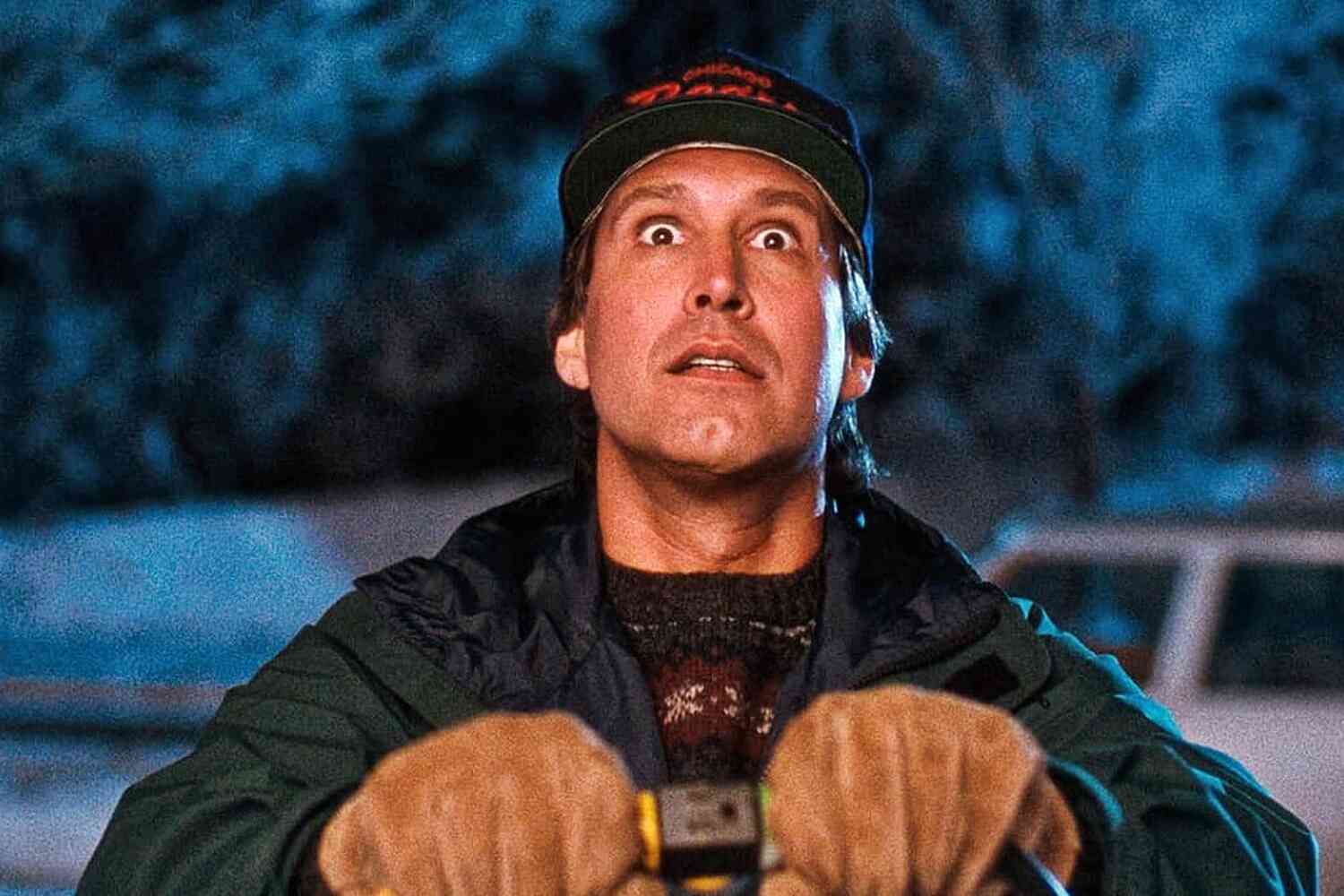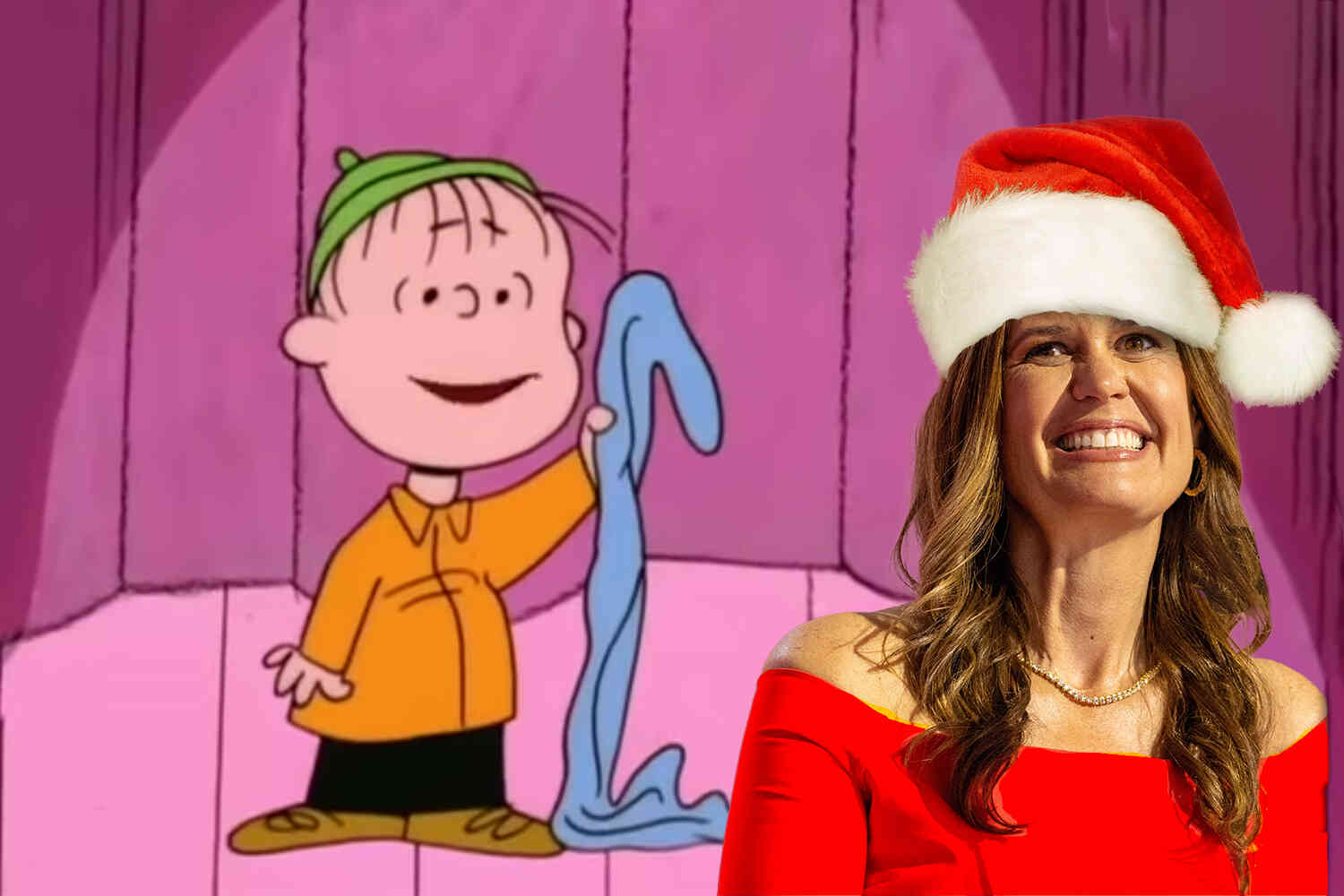We don't know the motives animating Matthew Crooks, the 20-year-old Pennsylvania man who murdered a rally-goer and nearly killed former President Trump. But we do know that both parents of this foiled assassin are licensed professional counselors, according to the Pennsylvania Social Work Board, which accredits mental health and family therapists.
Occupational expertise of this murderer's parents could not prevent such a horrific downward spiral within this young man. It begs the question whether Crooks' parents truly understood their son's deep spiritual problems. It's also a tragic example of how more mental health services divorced from spiritual understanding will not fix the pervasive spiritual darkness enveloping our country.
America's mental health unravels - not coincidentally - while our spiritual life withers. America's mental health industry is largely divorced from spiritual health, and it's killing us.
Last year, more than 50,000 people committed suicide in the United States. This is nearly 17 times the number killed in the 9/11 terrorist attacks, the highest number ever recorded and the highest rate since 1941 — the Great Depression. Gallup reported in 2023 that clinical depression in lifetime and current depression both hit new highs.
Yet women and men attending weekly religious services are significantly less likely to die "deaths of despair" - suicide, drug overdose, or alcohol poisoning - according to research from Harvard University's School of Public Health. Psychiatric Times published a literature review of hundreds of studies, which found significantly less depression and substance abuse among religious people.
However, the journal Sociology of Religion reported psychologists are the least religious of professors, with 61% reporting themselves atheist (50%) or agnostic (11%). Harvard found psychology professors (and biologists) were the least likely among disciplines to believe in God.
Conversely, Gallup found 81% of Americans believe in God. Thus, a study led by a Harvard Medical School researcher David Rosmarin, an expert on faith and mental health who is devoutly Jewish, reported that nearly 76% of patients wanted spiritually integrated psychotherapy.
However, Rosmarin's team found in another study that 36% of practitioners of cognitive-behavior therapy "reported some discomfort" in addressing spirituality and religion issues with clients, 19% reported never/rarely inquiring about them, and 71% reported "little-to-no previous clinical training in this area."
So it's no wonder other Harvard researchers also found "spiritual needs of patients with serious illness are frequently unaddressed within medical care" and "unaddressed spiritual needs can be associated with poorer patient quality of life."
I've seen this firsthand. After 12 years agnostic, a new faith in God redeemed and restored my mental health, and I'm far from alone.
I wrote Motorhome Prophecies, my new memoir on this topic, because the need for healthy faith-based mental health care is urgent.
I grew up in an offshoot Mormon cult, living a transient childhood with seven biological siblings in various motor homes, tents, houses, and sheds. My brother was born when our family lived in a tent. Besides partial homeschooling, I attended 17 different K-12 public schools. When I took my ACT exam for college, we lived in a shed with no running water or furnace in the Ozarks, where winter temperatures average in the 30s.
My father claimed to be a Mormon prophet destined to become president and that God wanted us to live this way. The LDS Church eventually excommunicated him - but only after I was an adult. As a child, my dad was molested by a female Mormon babysitter and traumatized by the sudden death of his best friend in a sledding accident. His children inherited the trauma. I have two brothers with schizophrenia, including one who groped me and attempted to rape me and another who accused me of trying to seduce him. I visited the hospital nine times for depression, fibromyalgia, suicidal ideation, and PTSD. Three of my siblings attempted suicide.
For years, I assumed I'd never return to belief in God or organized religion, relying on secular therapists who couldn't heal me. My heart remained closed because of the evil I'd seen done in God's name. To fill the void, I threw myself into work, schooling, dating, friends, and travel as ultimate sources of meaning. I studied business policy for a master's degree at Harvard under a full-tuition merit scholarship and worked as an analyst for major Wall Street firms, earning unthinkable sums for the girl from a motorhome. I launched a career in political journalism at outlets like Politico, Forbes, The Hill, and the Washington Times and appeared on national networks like Fox News, CNN, MSNBC and HBO's Real Time with Bill Maher.
Materially, I was well off. But spiritually, I felt poorer than ever.
I couldn't help comparing myself to people who appeared more successful - especially people in loving families. I turned to ancient Stoic philosophy to bring me peace and stability, and in many respects it did.
But it wasn't enough during the polarizing 2016 election, when I felt an existential crisis. I realized that when I'd lost my faith in God, I had allowed politics to become a substitute religion. During this crisis of meaning, I felt distraught and adrift. So I turned to church, to Redeemer Presbyterian, founded by the late Tim Keller.
Each week, I generally attended either a Sunday service or a Bible study. There, I encountered Scripture's answer to career and political idolatry in passages like Mark 8:36 - 37, which asks, "For what will it profit a man if he gains the whole world, and loses his own soul? Or what will a man give in exchange for his soul?" (NKJV).
The more I studied science, history, anthropology, and other disciplines, the more my faith in God and my confidence in Christianity grew. Politics no longer attempted to fill the God-shaped hole in my heart.
My baptism day - December 3, 2017 - was the happiest of my life. A group of about 30 loved ones watched me vow to "serve Christ in all persons, loving my neighbor as myself" and "strive for justice and peace among all people, and respect the dignity of every human being."
As I returned to a walk with God, I felt enveloped with a sense of peace surpassing understanding. The mission of Christ to unify and heal breathed new life and joy into my bruised heart. I recovered a sense of confidence, not in myself but in my identity as a child of God.
Through loving faith community, deep healing prayer ministries, and spiritually-integrated treatment from Jewish and Christian therapists, God helped me overcome significant mental illness - to rewire my brain through a phenomenon called neuroplasticity. This neuroplasticity enables us to create new neural pathways that underlie our thought patterns.
Science proves God heals our minds and hearts. It's time our nation, especially the secular mental health industry, trusts that science.
Carrie Sheffield is author of "Motorhome Prophecies: A Journey of Healing and Forgiveness."
P.S. Now check out our latest video 👇
Disclaimer: The opinions expressed in this article are those of the author and do not necessarily reflect the opinions of Not the Bee or any of its affiliates.









